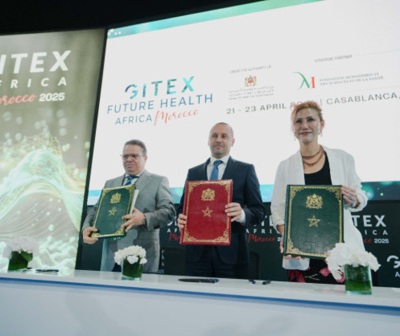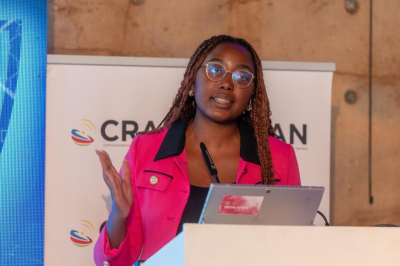The lack of technical services in health facilities in many low- and middle-income countries makes it even longer to provide effective care to the population. Digital technology is presented as a solution to address this challenge.
The National Institute for Health and Care Research (NIHR), a UK government agency that funds health research, has approved the disbursement of £3 million ($3.6 million) to support the development of digital diagnostics in health systems in seven African countries. Imperial College London, which released the information on Tuesday, June 14, explained that the money was made available to its researchers and 13 collaborating institutions in Burkina Faso, Gambia, Ghana, Kenya, the Netherlands, Sudan, Uganda, the United Kingdom, and Zambia.
Dr. Aubrey Cunnington, Division Head of Pediatric Infectious Diseases at Imperial College London, who will lead the research program, explained that “We will evaluate the potential of digital diagnostic technology to tackle common problems including malaria and other childhood infections. The researchers in the project have a wide range of expertise, from electronic and design engineering to clinical medicine, health systems research, and mathematical modeling.”
“At present, less than half of the population of Africa have access to essential, accurate diagnostics. This makes it difficult to identify and administer the correct treatments, and to target disease prevention where it is most needed,” he said.
The NIHR funding is part of its Global Health Research Group (GHRG) program, which funds research, and supports research partnerships between researchers and institutions in the UK and in low- and middle-income countries (LMICs). The GHRG aims to generate scientific evidence that can improve health outcomes for low-income people by improving practice and informing policy. It also strengthens research to support its future sustainability in partner countries.
The funding will allow GHRG to develop and evaluate next-generation digital diagnostics for infectious diseases over the next four years. These digital diagnostics will use a handheld electronic device developed by a team of researchers at Imperial College London. Called Lacewing, it detects nucleic acids such as DNA on the surface of a microchip.
According to experts, the tests have similar accuracy to large laboratory machines but are fast, inexpensive, and portable. Results are sent to a smartphone that allows data transmission to monitor the real-time detection of different diseases at different locations.
Ruben Tchounyabe



















